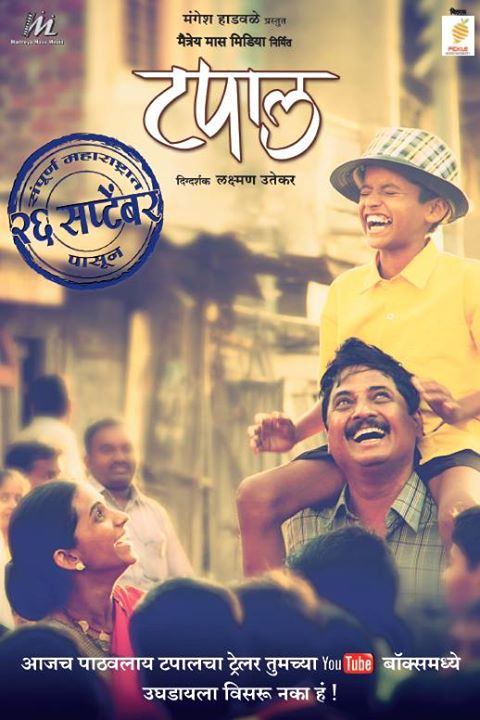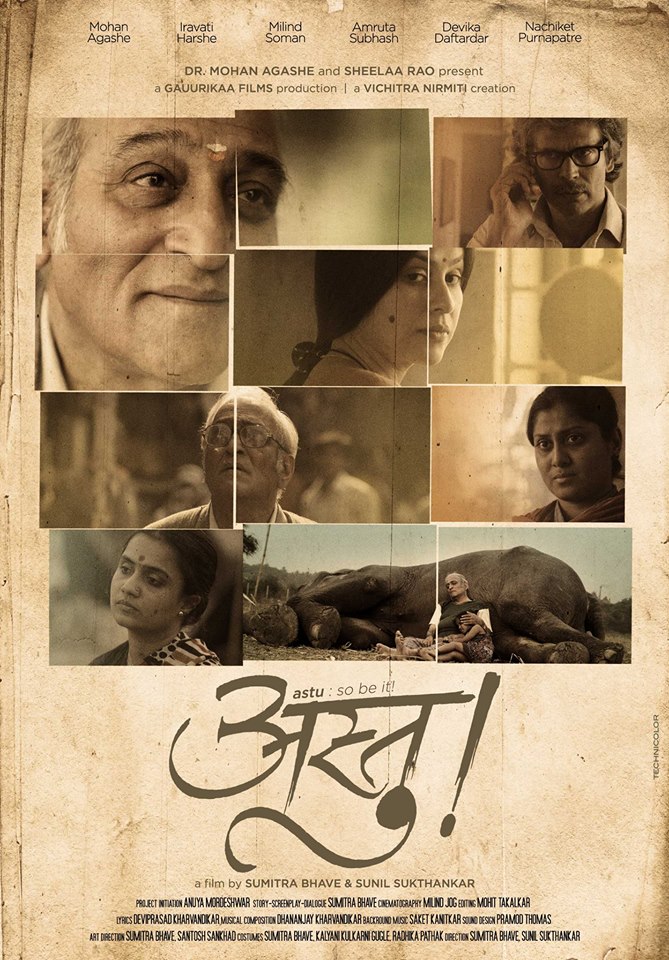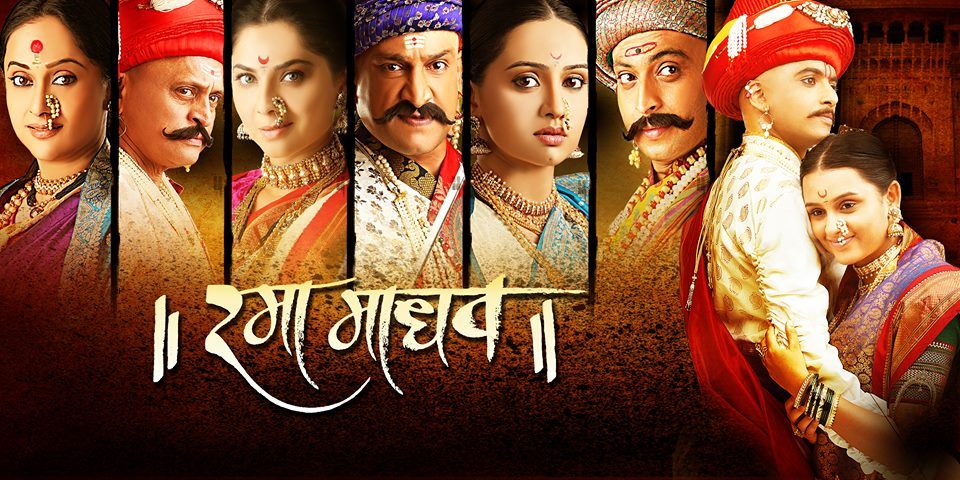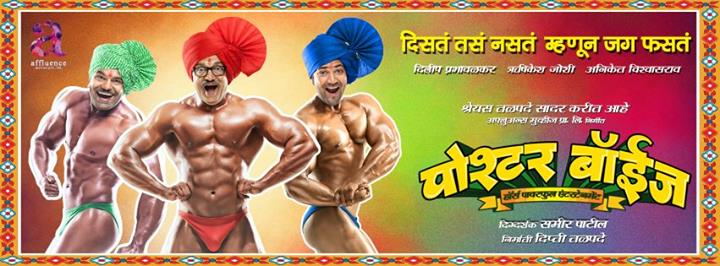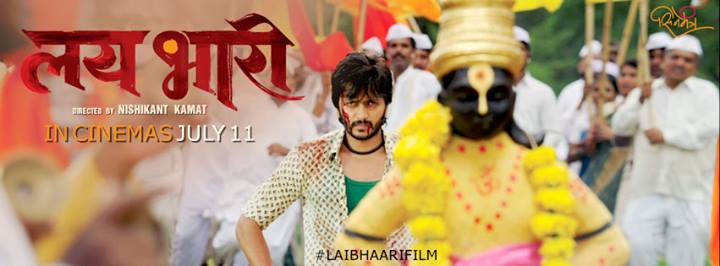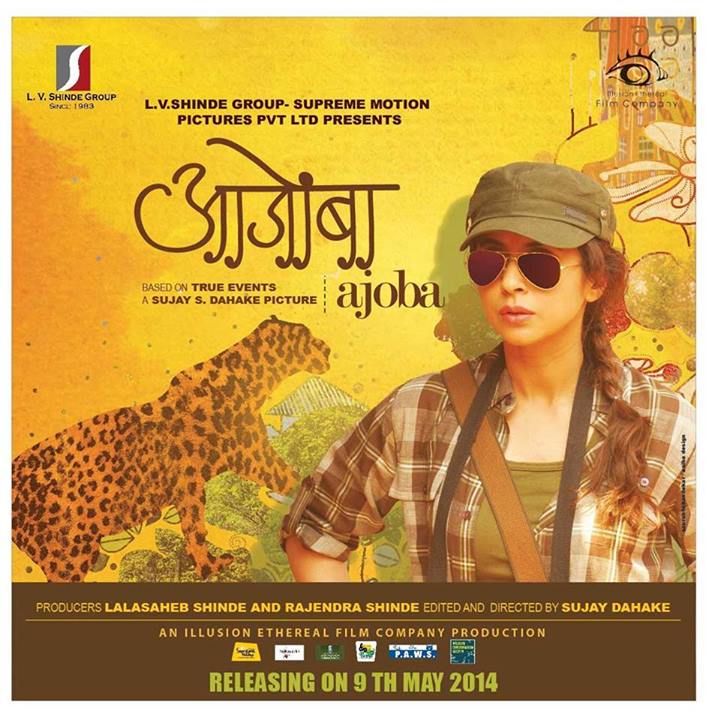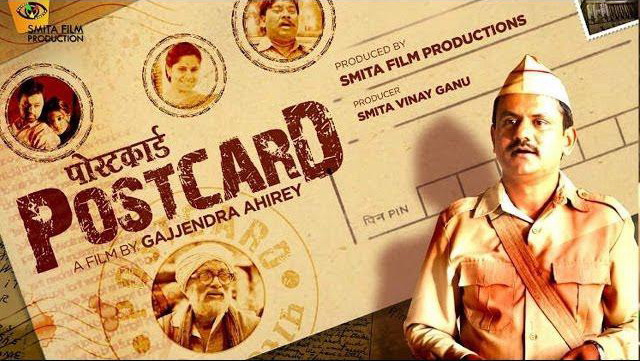By: Keyur Seta
Director: Samruddhi Porey
Producers: Samrouddhi Cine World and Essel Vision
Writer: Samruddhi Porey
Cast: Nana Patekar, Sonali Kulkarni, Ashish Chougule, Vikram Gaikwad, Sushant Kakde, Tejashri Pradhan
Music: Rahul Ranade and Aniruddha Wankar
Genre: Biopic
Rating: * * ½
Story Outline: The film is a biopic on the lives of Dr Prakash Baba Amte, the son of the great social worker Baba Amte, and his wife Mandakini Amte. It throws light on his selfless service towards tribals of Maharashtra and animals, including the wild ones.
Review: Having access to a fascinating life story isn’t enough while making a biopic. It is equally important for the film to succeed in its basic motto of telling a story. While director Samruddhi Porey’s Dr Prakash Baba Amte – The Forgotten Hero brings to light the heart-wrenching, selfless story of the great social worker, it doesn’t succeed completely as a film as it hardly provides an emotional impact one expects from such biopics.
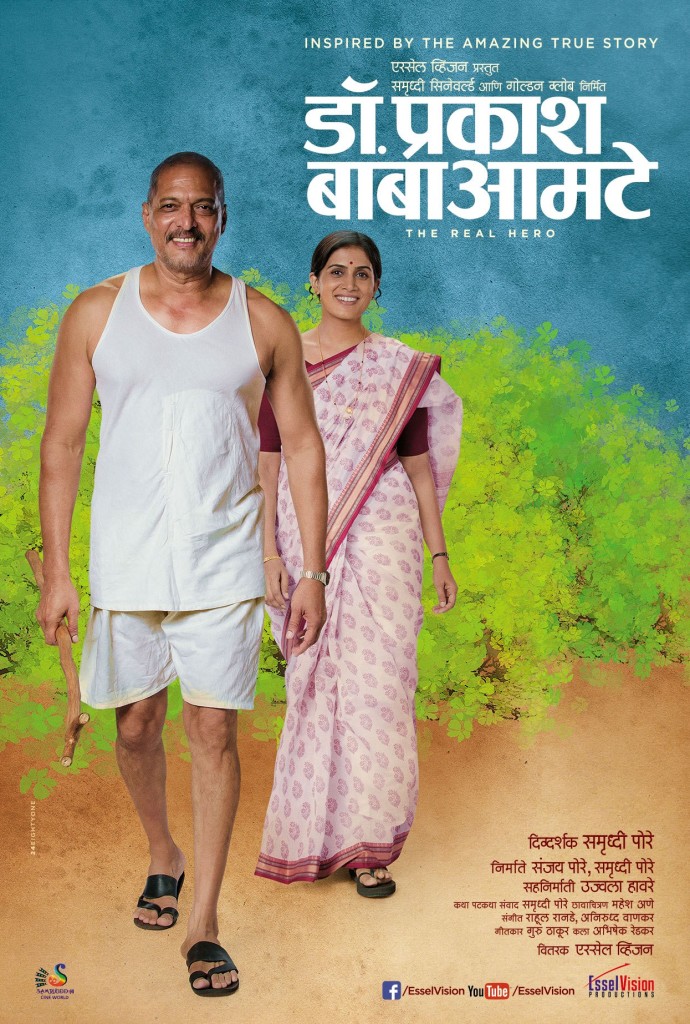 Talking about the few positives, Porey and the entire unit should be lauded for showing Amte’s humanitarian efforts with utmost reality. This is because shooting with real tribal people and animals is a painstaking task for anyone. Apart from this, the dialogues are intelligent and long lasting with some rib-tickling humor being the surprise element.
Talking about the few positives, Porey and the entire unit should be lauded for showing Amte’s humanitarian efforts with utmost reality. This is because shooting with real tribal people and animals is a painstaking task for anyone. Apart from this, the dialogues are intelligent and long lasting with some rib-tickling humor being the surprise element.
But the job of every feature film is to narrate an interesting tale and this is where this biopic falters. Although things aren’t that bad pre-interval, the second half tests your patience as on a number of occasions the film appears more like a documentary disguised as a feature film. In fact, there comes a period where scenes of tribals carrying their ill family members to Amte’s place are repeated again and again. A screenplay without proper flow and faulty pacing of events are to be blamed for this.
Mahesh Anye’s camerawork is noticeable quite regularly. The background score is passable while the editing should have been tighter. The music (Rahul Ranade and Aniruddha Wankar) turns out to be average as not a single track stays with you after the film.
Nana Patekar is very impressive and reliable as he displays his talent while playing the central character. However, on a number of occasions, you can’t help but notice that it appears as if he is playing himself. Sonali Kulkarni also shows why she is considered a fine performer. Mohan Agashe, as Baba Amte, excels in a supporting role. Sushant Kakde and Tejashri Pradhan, as younger Prakash and Mandakini Amte, play their parts well. The rest of the actors provide good support.
Overall: Although Dr Prakash Baba Amte – The Real Hero carries out the important task of highlighting Dr Prakash and Mandakini Amte’s great work, it doesn’t quite succeed as a feature film. Due to the hype and star cast, it will draw crowds initially. But its performance at the box office is doubtful after the first week.
